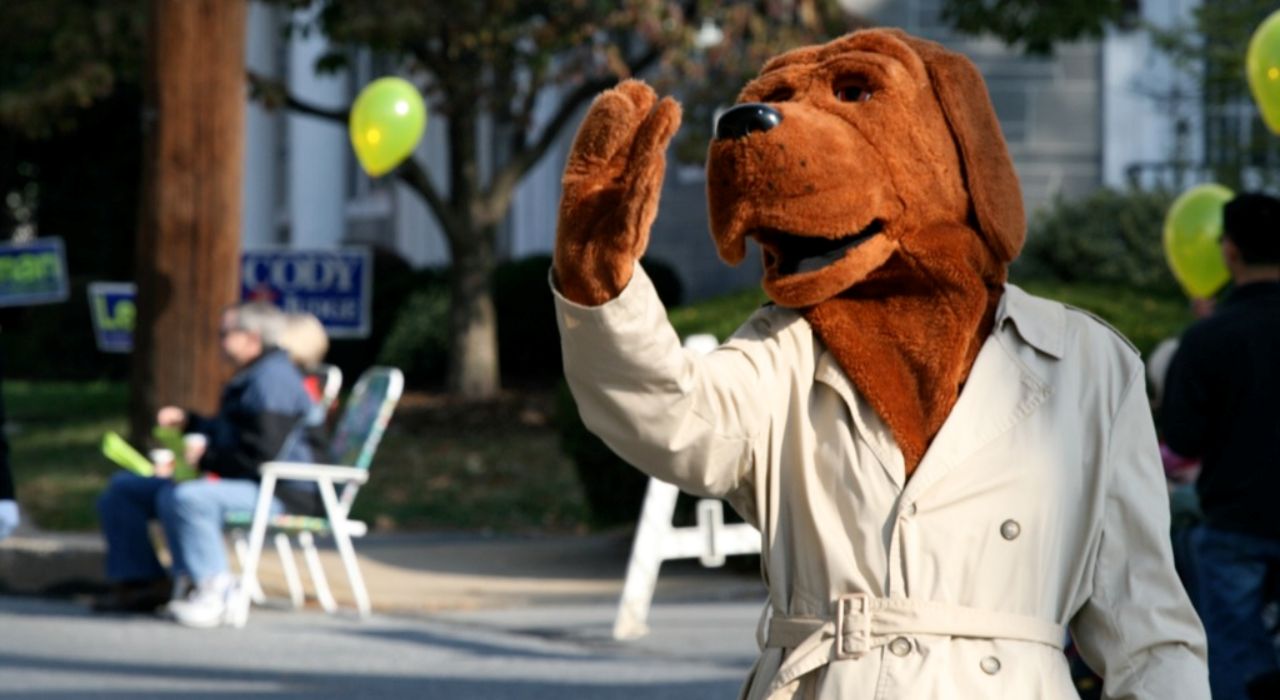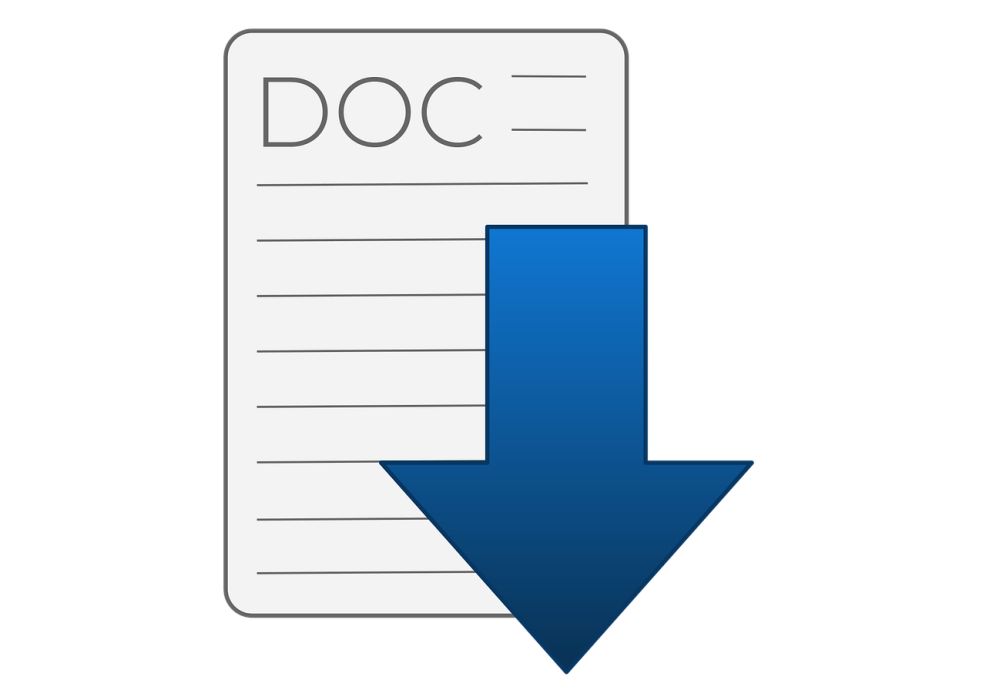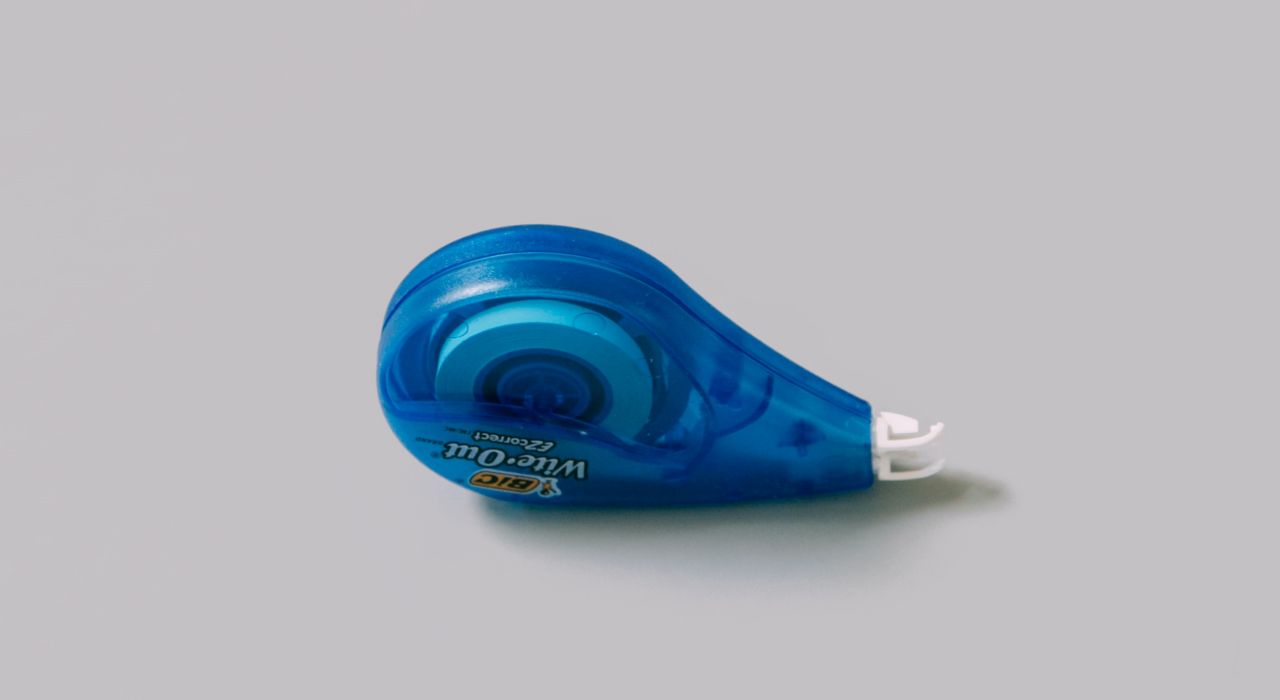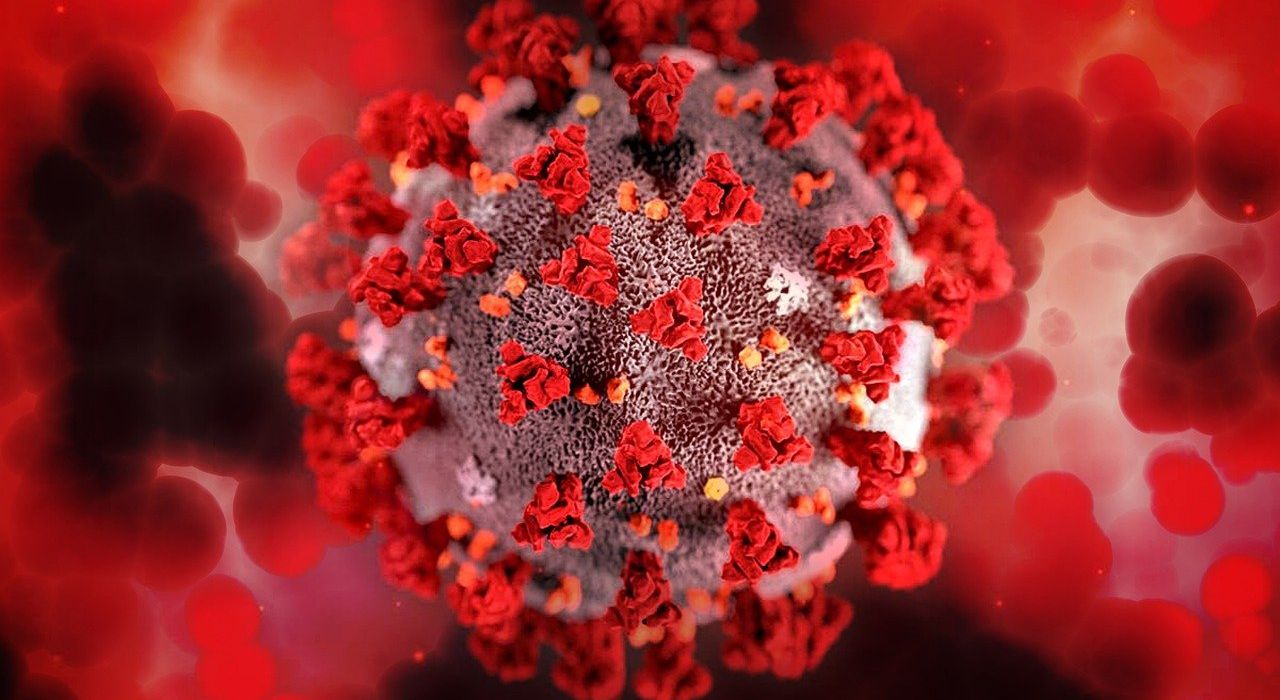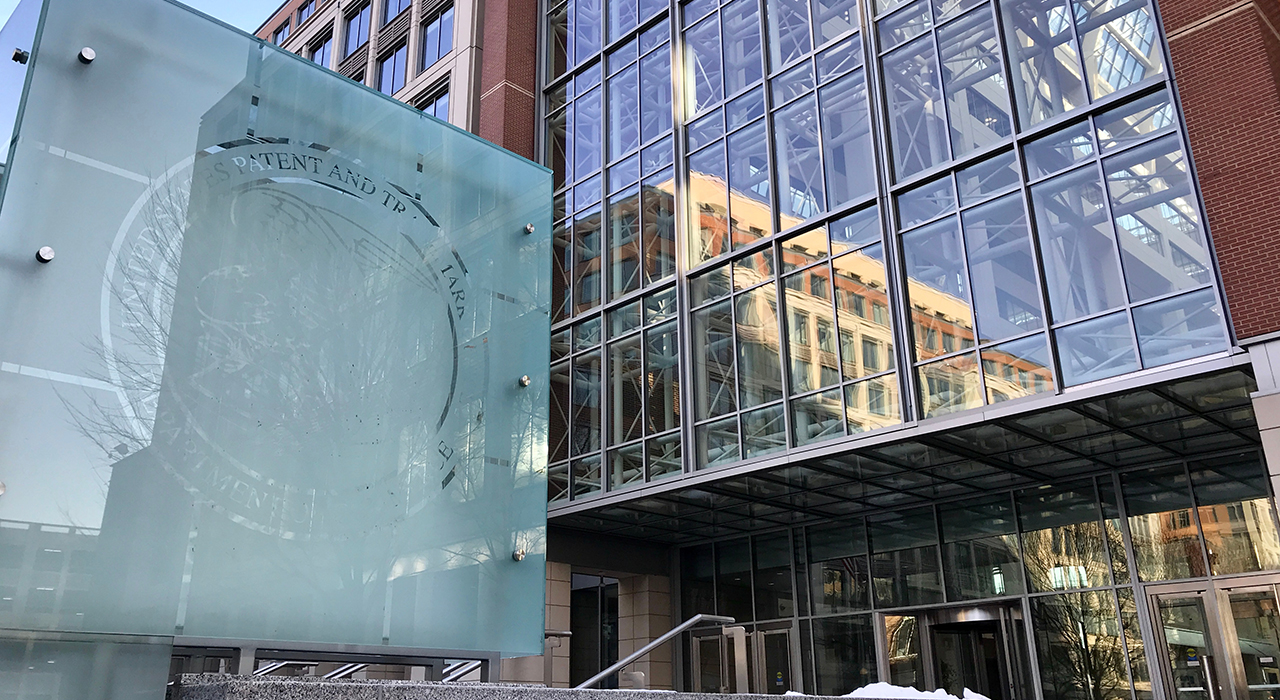The USPTO will transition to the electronic issuance of patents and trademark registrations in 2022.
For patents, the USPTO will be issuing a notice of proposed rulemaking (NPRM) to seek public feedback on our proposal to revise the rules of practice to issue patents electronically. Under the current rule (37 CFR 1.315), the USPTO is required to deliver or mail a patent “upon issuance to the correspondence address of record.” Under the proposed changes, the USPTO would no longer physically deliver the patent by mailing it to the correspondence address, but would issue the patent electronically via our patent document viewing systems (i.e., Patent Center and Patent Application Image Retrieval (PAIR)). Patentees would also be able to download and print their electronically issued patents through these systems.
The USPTO considers the shift to electronic registrations beneficial for patent owners because it will reduce the pendency of every issued patent application by approximately two weeks.
The full press release is available here.


